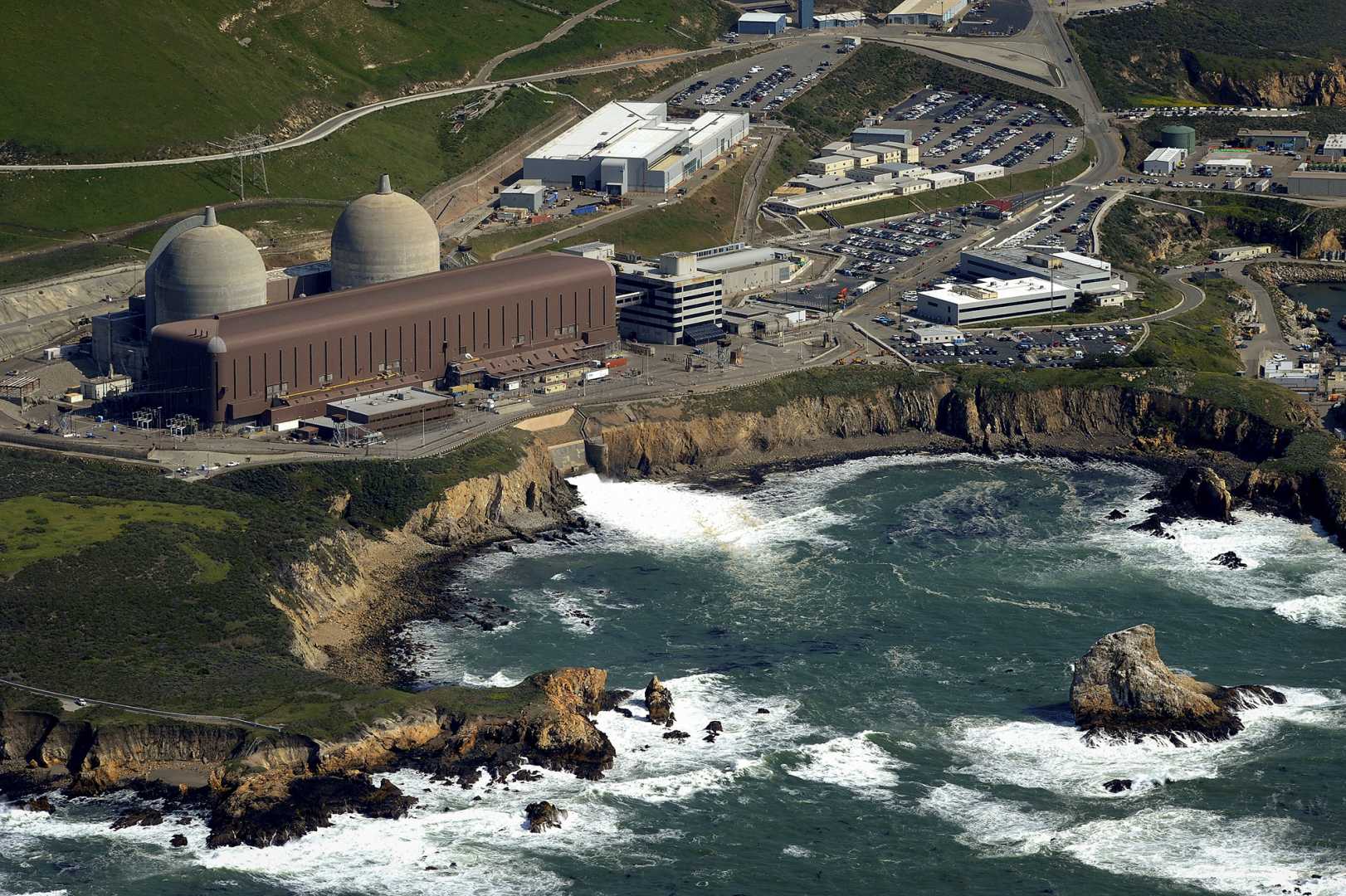Business
California Regulators Near Decision on Diablo Canyon Nuclear Plant Fees

LOS ANGELES, California – California utility regulators are expected to finalize plans next week to keep the Diablo Canyon nuclear plant operational, the state’s only remaining nuclear facility. This decision comes after three years of discussions on how Pacific Gas and Electric (PG&E) will manage a controversial statewide fee that funds the plant’s continued operation.
One California Public Utilities Commission member has criticized the lack of scrutiny over these funds, previously stalling the matter from a vote. Consumer and nuclear safety advocates have expressed concerns that the decision could lead to a significant annual fund, potentially benefiting shareholders instead of utility customers.
Matthew Freedman, an attorney for The Utility Reform Network, remarked, “The commission is ready to throw in the towel and say they’re not interested in spending the time and resources on fighting this. They’re going to let PG&E do what it wants.”
PG&E contends that regulators lack the authority to impose the stringent oversight suggested by critics. The utility asserts that the fee, enabled by state legislation, should grant them flexibility in spending to keep costs manageable for customers.
Initially planned for closure due to economic challenges, Diablo Canyon’s operations have now been extended until 2030 to bolster California’s energy security during its shift towards renewable energy. The state authorized this extension following heat-related blackouts in 2021 and a report noting that renewables alone cannot meet California’s energy demands yet. Governor Gavin Newsom signed the relevant legislation into law in 2022.
Diablo Canyon currently supplies around 8% of California’s overall energy and about 17% of its carbon-free energy. This legislation allowed PG&E to implement a fee—set at $13 per megawatt hour—on the energy generated from the plant for both its customers and those of other utilities, justifying it as a resource serving the entire state.
The charge, termed a “volumetric performance fee,” is designed to substitute for a typical return on investment for PG&E and compensate for liabilities associated with operating an aging plant. By 2026, the fee is anticipated to amount to $190.8 million for PG&E customers, $59.7 million for Southern California Edison customers, and $12.9 million for San Diego Gas & Electric customers, with shareholders prohibited from benefiting under the law.
However, regulators have not mandated PG&E to disclose enough detail on how the fees are spent, raising questions about shareholder benefits. PG&E insists it adheres to state law requiring these fees to advance key public interests, including customer connections to the grid and reduced operational risks.
The law mandates PG&E to utilize fees primarily for expenses at Diablo Canyon. If not needed there, the fees can be directed toward broader public benefits such as enhancing grid resilience and supporting customer safety. Nonetheless, regulators require PG&E to clearly document how many customers benefit from fee-supported projects and how these efforts help customers’ bills.
Moreover, if PG&E exceeds its budget in any category, it is responsible for covering the extra costs. Critics argue that without comprehensive reporting, it is impossible to confirm if customer fees are being leveraged to benefit shareholders indirectly.
During discussions, the Utility Reform Network advocated for more expansive reporting to ensure costs typically covered by shareholders are not inadvertently drawn from the Diablo Canyon fees. The commission expressed concerns about the complexity of implementing such requirements.
The legislation’s critics highlighted the absence of “guardrails,” allowing PG&E to allocate fees that could have otherwise subsidized shareholder expenses. The commission also noted a projected annual operating loss of $583 million at Diablo Canyon that challenges the facility’s economic sustainability.
Despite resistance, PG&E firmly opposes limitations on spending and reporting methods regarding these fees, arguing regulations would contradict the legislative intent of the 2022 law. Following lawsuits that failed to gain traction, PG&E’s request to reconsider the commission’s decision was denied.












